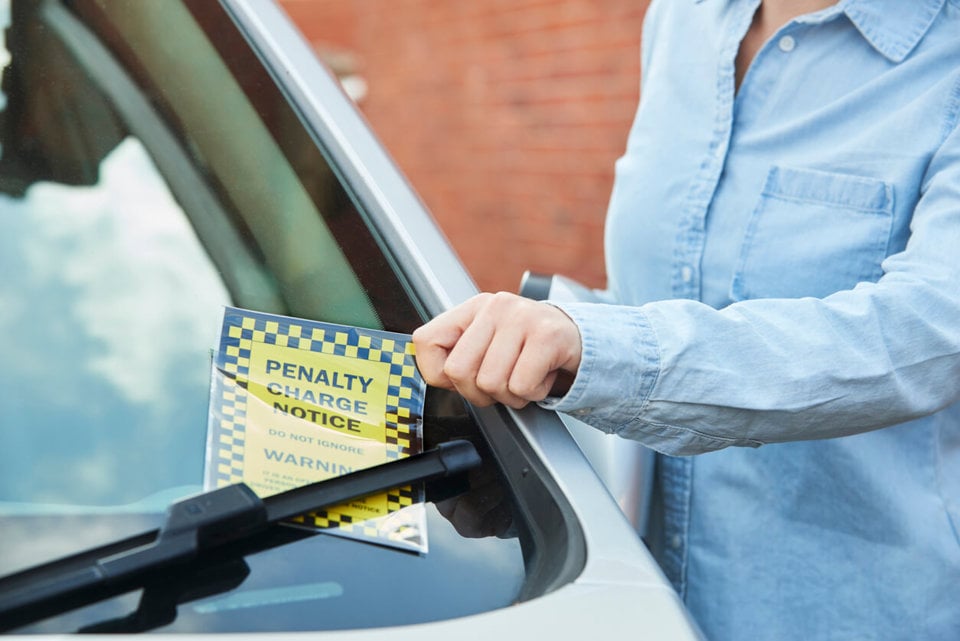A clampdown by councils on motorists who flout parking and bus lane laws is being blamed for a massive rise in fines incurred by business drivers.
Fleet drivers accrued £4.4 million in parking penalties and £1.1m in bus lane infringements in 2015, up 39% and 58% respectively since 2012, according to annual figures from Lex Autolease.
The findings, compiled from Lex’s own risk fleet of 317,000 company vehicles, have sparked renewed debate about greater enforcement from local authorities.
The data shows that the total fines and penalties bill for businesses came in at £11.1m last year, up 17% on 2014.
Company drivers committed 53,231 more offences in 2015 than in 2014, bringing the overall figure to 198,186 – an increase of more than a third (37%) and considerably higher than previous year-on-year increases (3% from 2012/13, and 17% from 2013/14).
Lex Autolease told Fleet News that a lack of driver awareness about the Dart Charge had cost fleets £474,497 in its first year.
Guy Mason, head of fleet operations at Lex Autolease, said: “The enormous jump in year-on-year increases for both the number of offences committed and the value of fines incurred should be of real concern.
“Our data suggests a clampdown on motoring offences that might have been considered minor in the past, with increased investment in bus lane cameras and traffic wardens by local authorities, meaning company car drivers should no longer feel they can simply ‘get away with’ so-called minor misdemeanours.”
Councils have been accused in the past of treating drivers as cash cows to plug a shortfall in Government funding.
A recent report from the RAC Foundation revealed that town hall parking ‘profits’ hit almost £700m in 2014/15 – up 4% on the previous year.
Steve Gooding, director of the RAC Foundation, said: “The legal position is that parking charges are to be used as a tool for managing traffic.
“But, with local government budgets under ever-greater pressure, the temptation to see them as a fund-raiser must be intense.”
However, the Local Government Association (LGA) said it was a “myth” that councils made a profit from parking.
“Councils are on the side of hard-pressed motorists,” said Peter Box, environment spokesman for the LGA.
“The RAC Foundation fails to take into account growing demand for parking from traffic increases on our roads and the important role parking services play in reducing congestion and keeping pedestrians and motorists safe.”
The cost to businesses of fines has increased by 58% since 2012, when the bill came in at a considerably lower £7m.
Mason said: “Though more than three quarters of the offences committed are classed as ‘minor’ traffic infringements, the financial impact of such offences is far from minimal and it is clear that businesses need to do much more to change the driving habits of employees.”
The figures also reveal that more serious endorseable offences, such as driving dangerously, speeding or driving while using a mobile phone, accounted for 22% of the total number of fines incurred in 2015.
Lex Autolease said that represents a year-on-year increase of 9% and points to the ongoing need for businesses to invest in driver education.
Mason concluded: “While businesses do undertake driver education programmes, the fact remains that more than 43,000 company car drivers committed motoring offences which are typically more serious in nature.
“This calls into question the safety of employees and other road users, as well as raising concerns about the possibility of drivers receiving penalty points on their licence or even a driving ban – hindering their ability to do their job.”

















Login to comment
Comments
No comments have been made yet.